Microsoft and CISPE make ‘significant breakthrough’ with software licensing concessions – critics say it's all just 'smoke and mirrors'
European cloud providers can now offer Microsoft software on a pay-as-you-go software basis

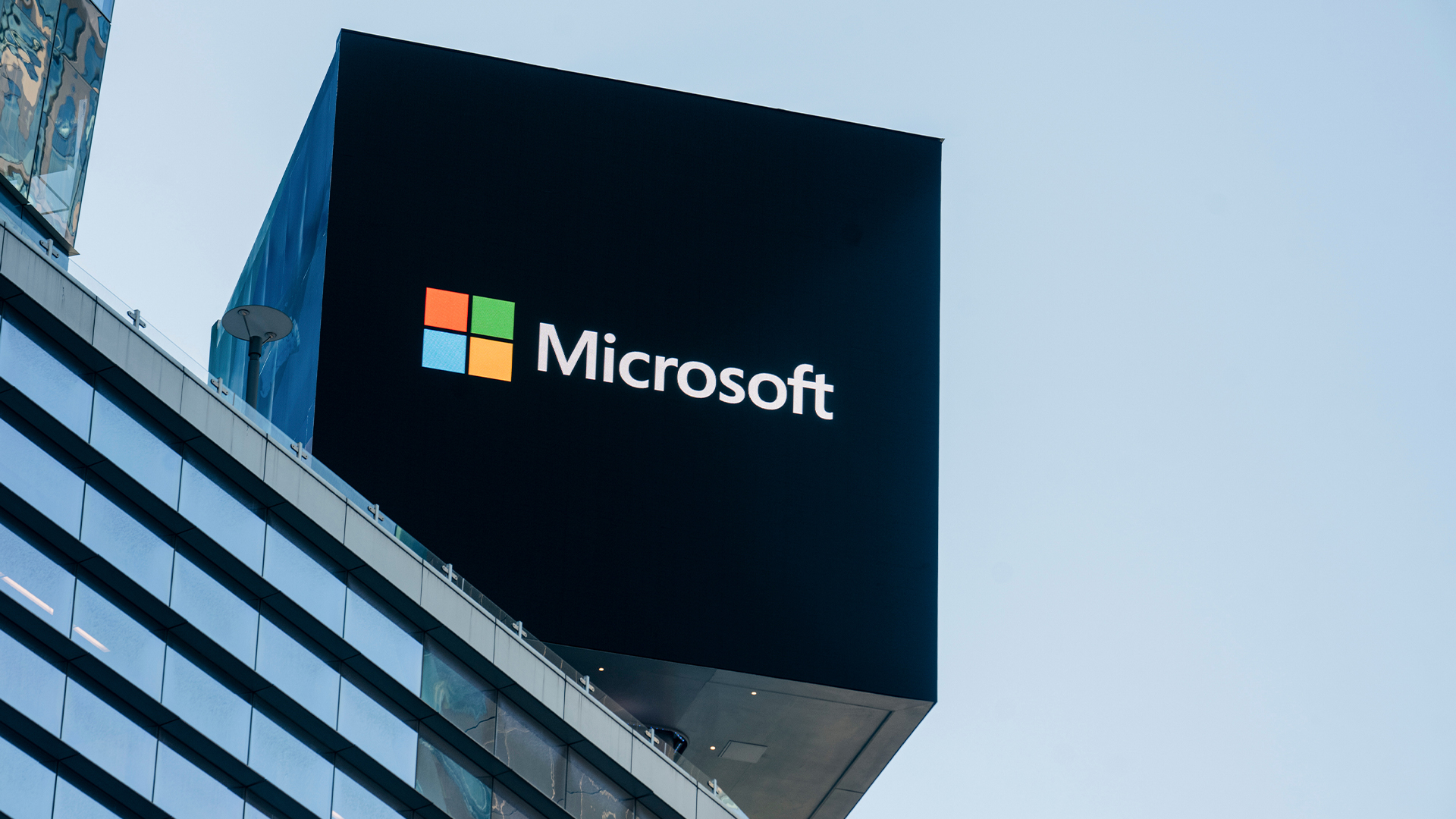
An alliance of European cloud providers has won concessions from Microsoft over its software licensing practices that could settle a long-running battle.
As part of the deal, Cloud Infrastructure Services Providers in Europe (CISPE) said members will now be allowed to offer Microsoft software to customers on a pay-as-you-go basis via the CSP-Hoster (CSP-H) program, with stronger privacy for customers of European cloud providers.
This, it said, will make pricing conditions for products including Windows Server and SQL Server more comparable to those of Microsoft’s own cloud platform, Azure.
“The agreement we reached with Microsoft marks a significant breakthrough in our long-standing efforts to ensure a level playing field,” said Francisco Mingorance, secretary general of CISPE.
“For enterprise customers, the new programs directly address previous concerns of CISPE members and empowers European enterprises to choose among a wide range of cloud solutions that meet their sovereignty, compliance, and economic needs.”
Meanwhile, Microsoft 365 Local will allow deployment on local cloud infrastructure, taking a further step toward digital sovereignty for European customers.
The deal applies to current CISPE members and eligible European cloud providers who join CISPE in the coming months. Microsoft has said it may expand access after a one-year review of the program's effectiveness.
Sign up today and you will receive a free copy of our Future Focus 2025 report - the leading guidance on AI, cybersecurity and other IT challenges as per 700+ senior executives
Notably, the deal doesn’t apply to hyperscale cloud providers designated by Microsoft as ‘Listed Providers’. This, CISPE said, will help support competition and innovation across the European digital ecosystem by strengthening regional providers.
What’s the story behind the Microsoft-CISPE dispute?
The conflict between Microsoft and CISPE stretches back several years, with the latter having filed a formal complaint with the European Commission in 2022 amid claims the tech giant imposes higher charges for customers running its software on rival clouds.
In May this year, the European Cloud Competition Observatory (ECCO), charged with providing independent oversight on a deal, issued a report describing Microsoft's offering as 'disappointing' and giving the company an Amber rating.
Ryan Triplette, executive director of the Coalition for Fair Software Licensing, suggested the agreement still leaves questions unanswered.
"Every stalling tactic has just bought Microsoft more time to lock in customers with restrictive and anti-competitive licensing practices," he said.
"This is more smoke and mirrors from Microsoft: offer weak concessions in an attempt to avoid regulatory scrutiny and disingenuously pretend these actions promote European competition," Triplette added.
"Meanwhile, Microsoft continues to line its pockets at the expense of customer choice around the world.”
Notably, the deal lacks two provisions that CISPE had been calling for. First and foremost, it doesn't allow for Windows 10/11 VDI multi-session on European-owned multi-tenant infrastructure.
Similarly, it doesn’t remove the need to use Entra ID to activate Azure Active Directory and Microsoft 365 to allow full replacement and interoperability.
Make sure to follow ITPro on Google News to keep tabs on all our latest news, analysis, and reviews.
MORE FROM ITPRO
- Microsoft’s EU data boundary project crosses the finish line
- What the new Microsoft Sovereign Cloud push means for European customers
- Software licensing is becoming a minefield for IT leaders
Emma Woollacott is a freelance journalist writing for publications including the BBC, Private Eye, Forbes, Raconteur and specialist technology titles.
-
 The trends that will shape workplace culture in 2026
The trends that will shape workplace culture in 2026In-depth Tech leaders share their insights on how businesses can embrace change across hiring, training, and culture
-
 Why the UK is primed to lead a global charge in ‘green AI’ innovation
Why the UK is primed to lead a global charge in ‘green AI’ innovationNews UKAI says there are major economic incentives and a big opportunity for the UK to lead the world in green AI development
-
 Not keen on Microsoft Copilot? Don’t worry, your admins can now uninstall it – but only if you've not used it within 28 days
Not keen on Microsoft Copilot? Don’t worry, your admins can now uninstall it – but only if you've not used it within 28 daysNews The latest Windows 11 Insider Preview will include a policy for removing the app entirely — but only in certain conditions
-
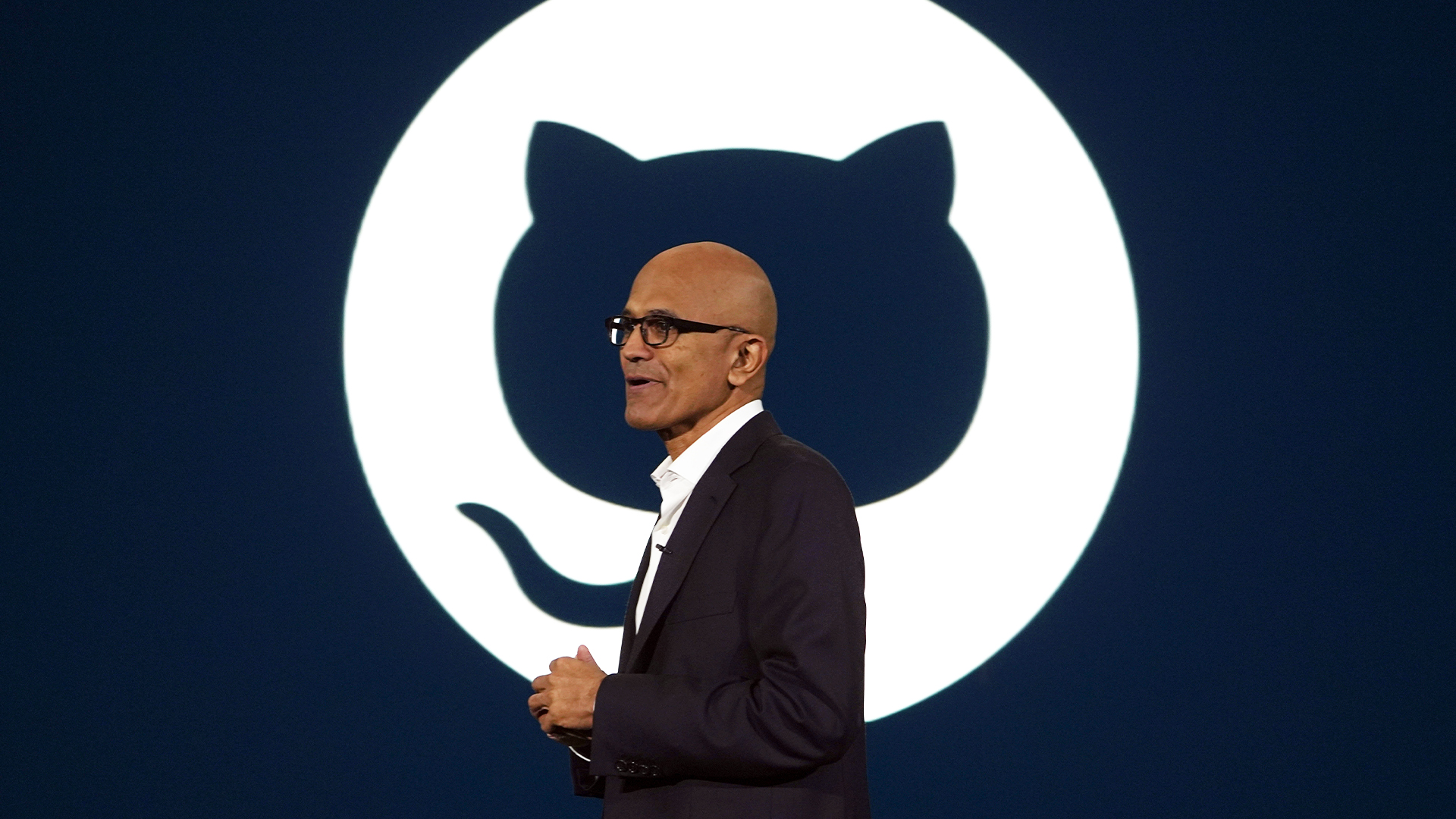 Microsoft is shaking up GitHub in preparation for a battle with AI coding rivals
Microsoft is shaking up GitHub in preparation for a battle with AI coding rivalsNews The tech giant is bracing itself for a looming battle in the AI coding space
-
 ‘1 engineer, 1 month, 1 million lines of code’: Microsoft wants to replace C and C++ code with Rust by 2030 – but a senior engineer insists the company has no plans on using AI to rewrite Windows source code
‘1 engineer, 1 month, 1 million lines of code’: Microsoft wants to replace C and C++ code with Rust by 2030 – but a senior engineer insists the company has no plans on using AI to rewrite Windows source codeNews Windows won’t be rewritten in Rust using AI, according to a senior Microsoft engineer, but the company still has bold plans for embracing the popular programming language
-
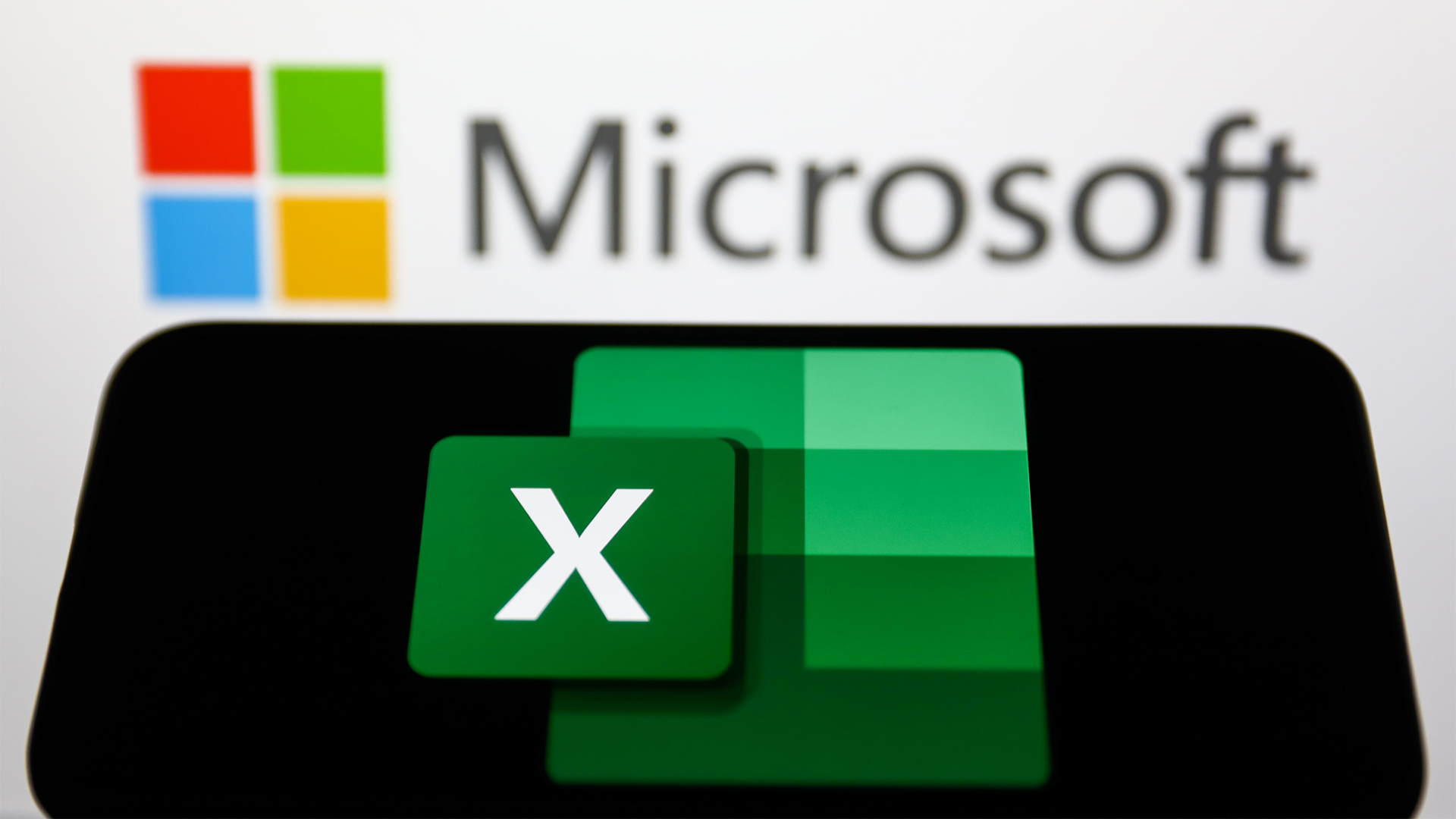 Microsoft Excel is still alive and kicking at 40 – and it's surging in popularity as 82% of finance professionals report ‘emotional attachment’ to the spreadsheet software
Microsoft Excel is still alive and kicking at 40 – and it's surging in popularity as 82% of finance professionals report ‘emotional attachment’ to the spreadsheet softwareNews A recent survey found Gen Z and Millennial finance professionals have a strong “emotional attachment” to Microsoft Excel
-
 Microsoft’s Windows chief wants to turn the operating system into an ‘agentic OS' – users just want reliability and better performance
Microsoft’s Windows chief wants to turn the operating system into an ‘agentic OS' – users just want reliability and better performanceNews While Microsoft touts an AI-powered future for Windows, users want the tech giant to get back to basics
-
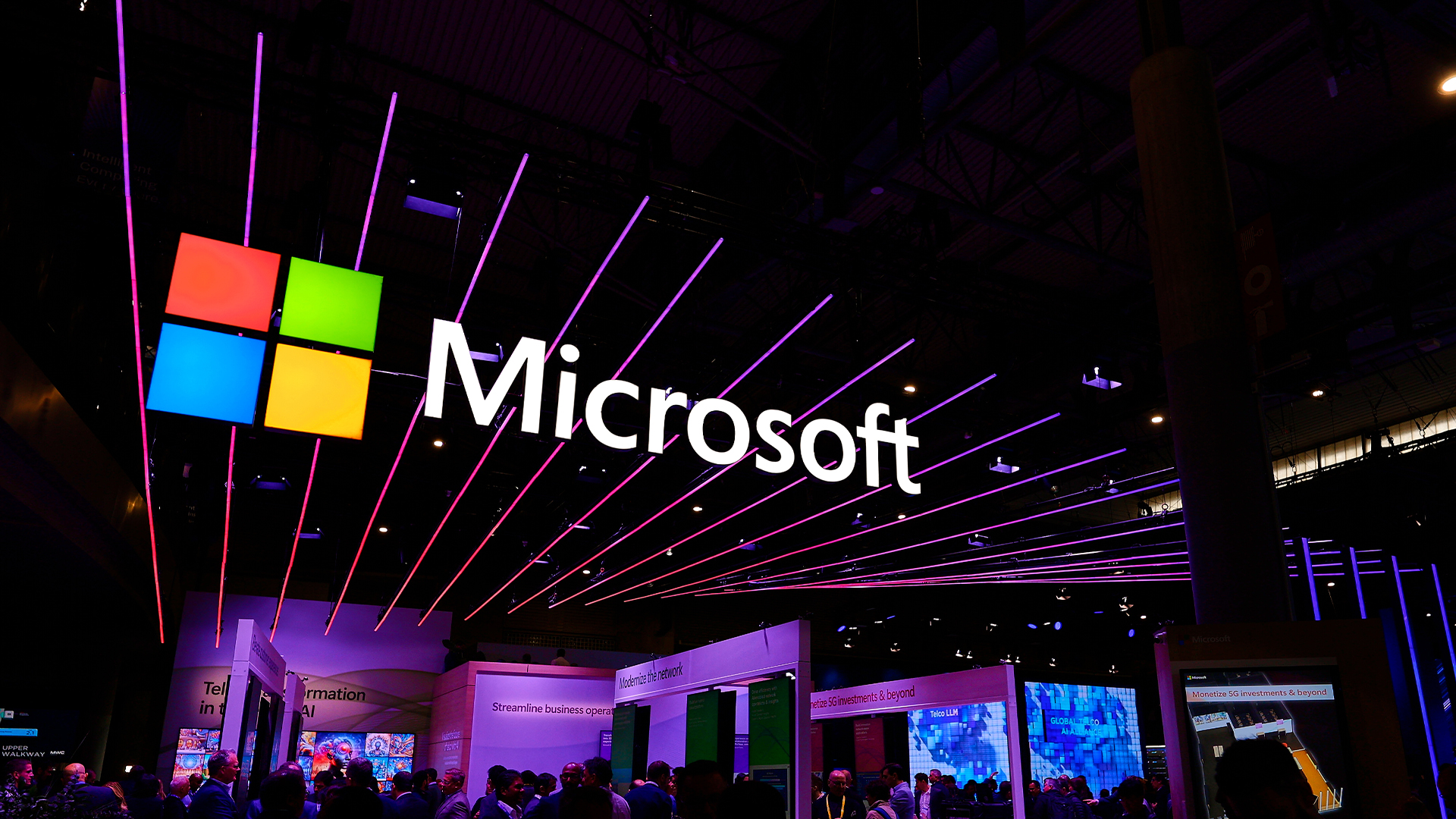 Microsoft 365 price hikes have landed the tech giant in hot water
Microsoft 365 price hikes have landed the tech giant in hot waterNews Australian regulators have filed a lawsuit against Microsoft for allegedly misleading users over Microsoft 365 pricing changes.
-
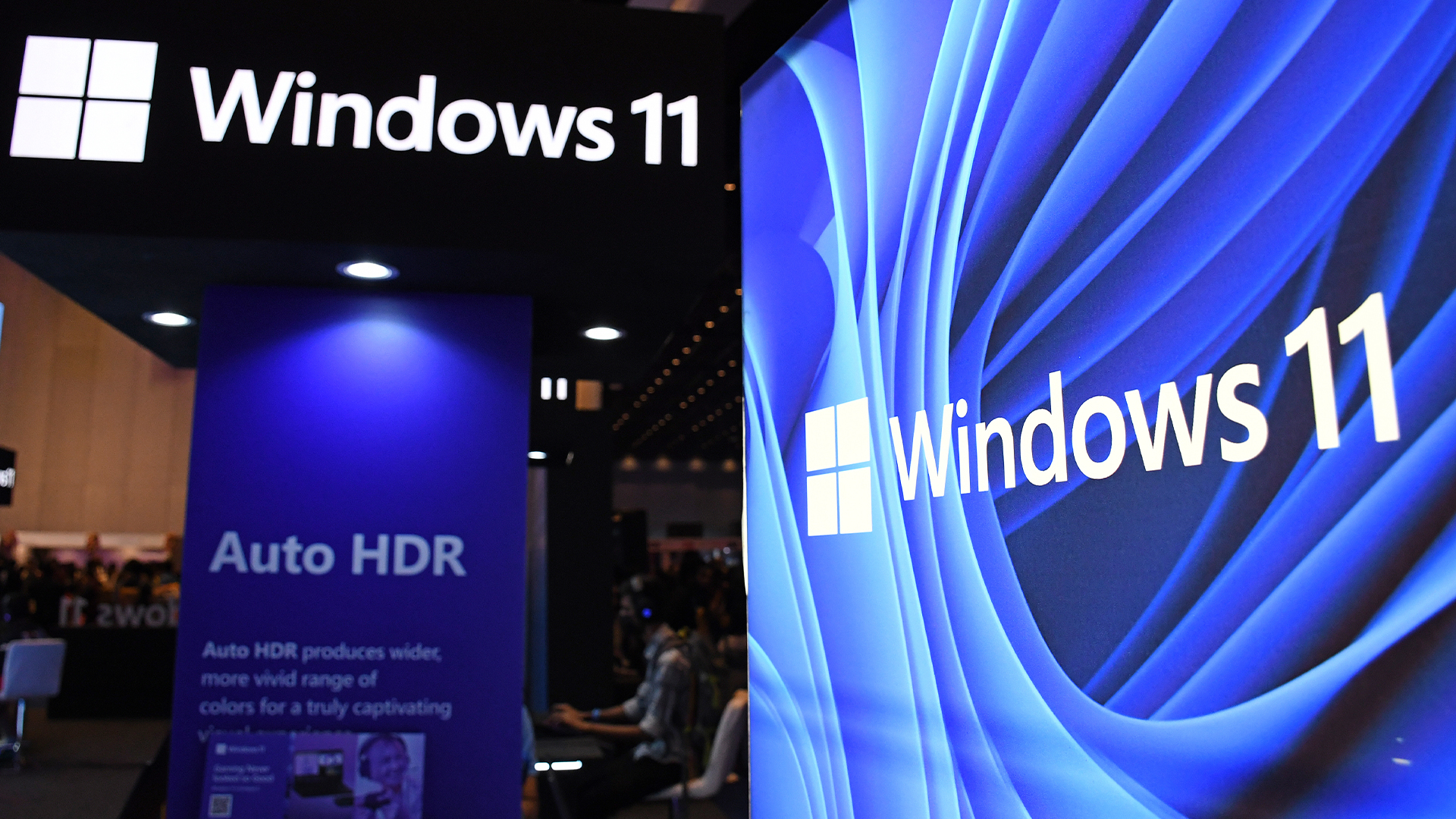 Microsoft issues fix for Windows 11 update that bricked mouse and keyboard controls in recovery environment – here's what you need to know
Microsoft issues fix for Windows 11 update that bricked mouse and keyboard controls in recovery environment – here's what you need to knowNews Yet another Windows 11 update has caused chaos for users
-
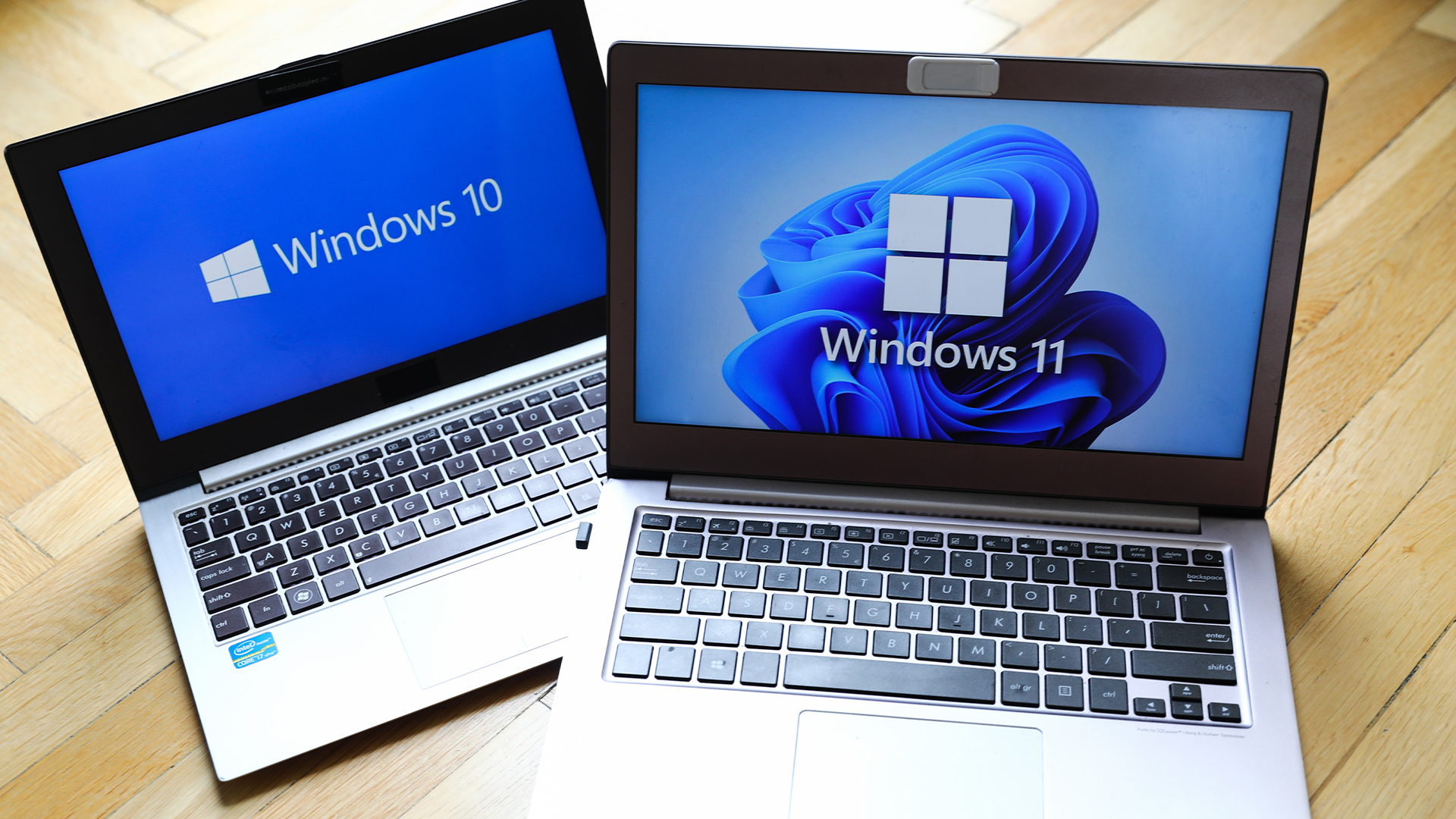 Windows 10 end of life could create a major e-waste problem
Windows 10 end of life could create a major e-waste problemNews The study marks the latest Windows 10 end of life e-waste warning
